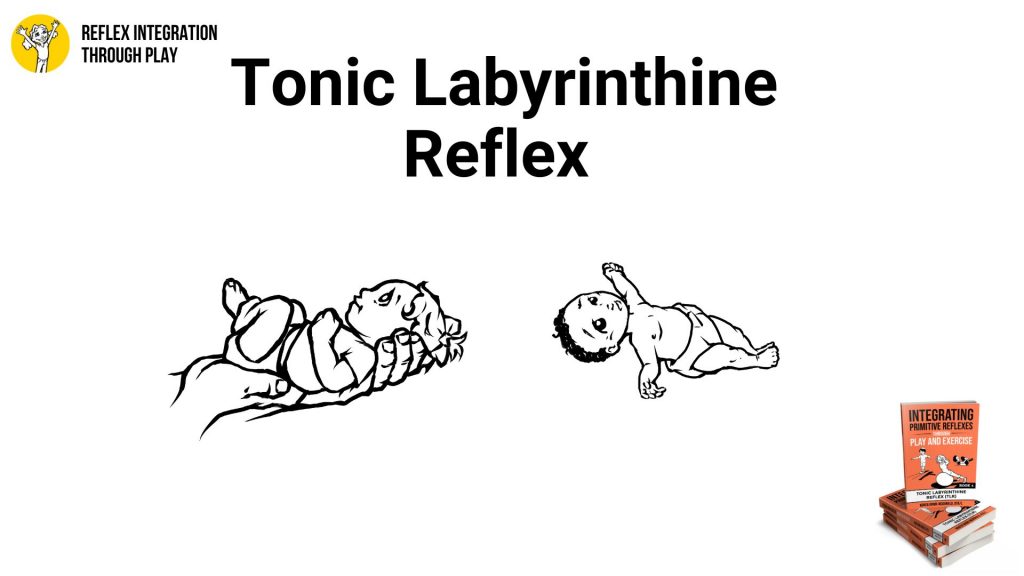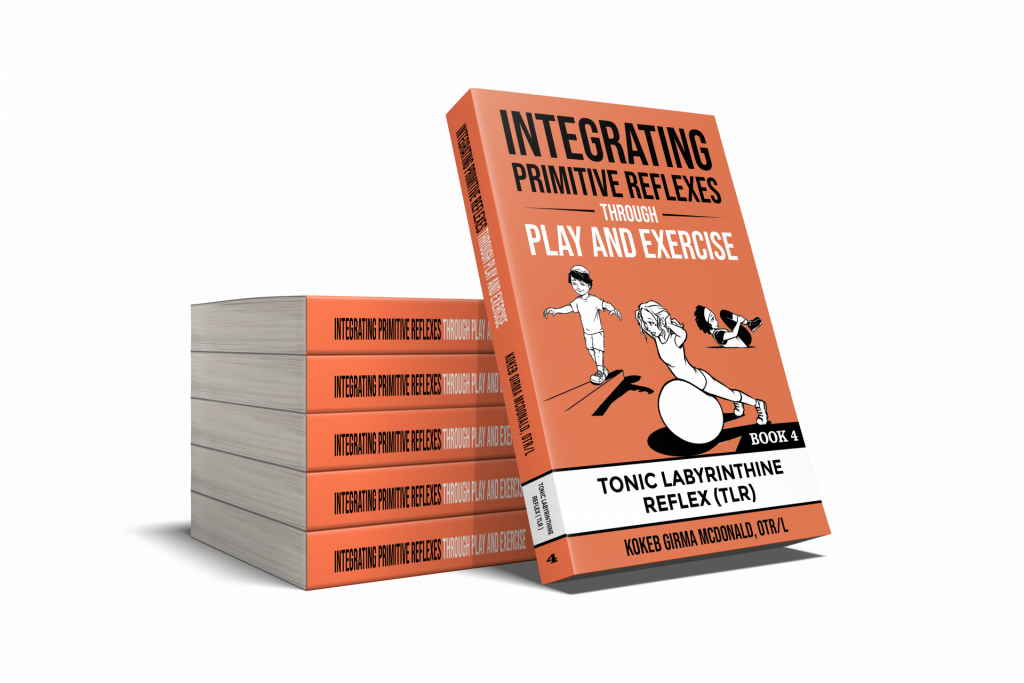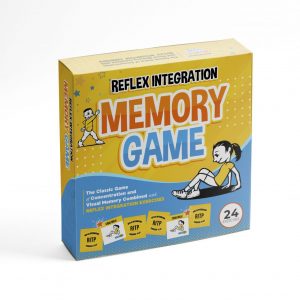
The Tonic Labyrinthine Reflex (TLR) is a vital aspect of early human development, playing a significant role in developing physical, cognitive, and sensory functions. Here is an overview of some of the benefits of TLR:
- Assists with the birthing process: TLR is activated during the birthing process, helping newborns navigate the transition from the womb to the outside world.
- Supports cross-lateral movements: TLR helps in the development of cross-lateral movements, such as rolling, crawling, sitting, kneeling, standing, and walking, which are essential for the development of fine motor skills and coordination.
- Supports head-righting: TLR assists with head-righting, specifically with flexion and extension, which is crucial for proper space orientation and the sense of direction.
- Enhances muscle tone and stability: TLR influences muscle tone, neck control, and core stability, which are important for overall motor coordination and movement.
- Supports changes in position: TLR assists with changes in position by helping the body balance and create stability, contributing to whole body movement coordination.
- Enhances muscle-ligament tension: TLR influences muscle-ligaments and tension between the front and back of the body, contributing to the coordination of opposing muscles.
- Enhances visual and auditory skills: TLR contributes to the organization and perception of binocular vision and supports binaural hearing, influencing visual tracking and auditory processing skills.
- Supports fine motor skills and eye-hand coordination: TLR assists with fine motor skills and eye-hand coordination, which are crucial for speech and language development.
- Influences the learning process and skills: TLR also influences the learning process and skills, affecting a child’s ability to focus and concentrate.
- Enhances vestibular system and posture: TLR influences the vestibular system, affecting balance, spatial orientation, and posture. It also contributes to static and dynamic postures and gross motor coordination.
The Tonic Labyrinthine Reflex plays a crucial role in early human development, influencing a wide range of physical, cognitive, and sensory functions. Understanding the benefits of TLR can help parents and healthcare professionals better support children’s growth and development.
Check out these resources from Reflex Integration Through Play™️ to support therapists and parents screen for and treat retained TLR in a fun and functional way.
An Interactive Guide to the Tonic Labyrinthine Reflex
A hands-on instructional guide offering parents and providers an invaluable tool for integrating therapeutic exercises into a child’s natural environment and compassionately understanding the developmental challenges related to it.

Are you a parent looking to support your child’s development? Check out our online course, How to Support Your Child’s Development at Home.

How to Support Your Child’s Development at Home
An accessible on-demand video course and guide to primitive reflex integration designed for parents and caregivers at home. Understand the basics of primitive reflexes and learn simple and fun exercises you can do with your child.

